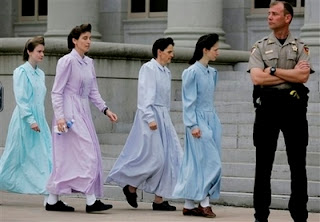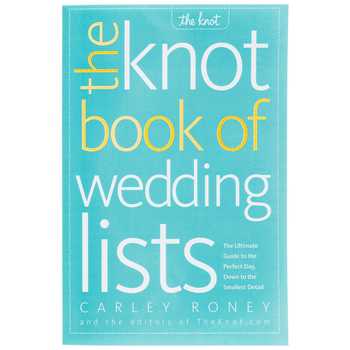Quick Recap: Justin and RustBelt debated gay marriage, I butted in, Justin responded (twice).
Justin’s most recent salvo is to ask me to weigh in yes or no on four hypothetical and then explain the consistent framework that led to my decision. Given some of the ambiguities that crept into his discourse with RustBelt when they were discussing legality versus morality, I’m going to give two answers for each scenario:
- Do I think the government should ban it?
- Do I think it is wrong for people to do it?
And away we go.
Scenario 1: The Free Market in Babies Judge Richard Posner has famously argued that there should be a free market in babies. Women get to make money, and pent-up demand for children by older couples can easily be met.
Illegal? Yes
Immoral? Yes
There’s some pretty good reasons and some pretty terrible history that teaches us that poverty has a terrible coercive force. The institution of Human Subjects Committees to oversee research came in response to gross abuses that preyed on the most vulnerable. There’s simply too much risk of exploitation to make this a reasonable option. Additionally, it’s hardly necessary when there are so many orphan children who need homes. There’s no reason to up the supply of needing-to-be-adopted babies.
If we took a jaunt to the world where demand for adoption exceeded supply and gay men and infertile women were left in the lurch, that would be unfortunate for them, but I wouldn’t set up a system with such potential for abuse to salve their hurt.
I do think it falls down on the side of immoral, since it treats women as less like people and more like fungible wombs. This is problematic to begin with, and should be treated with caution, but, unlike the sperm bank example, the problem is not just that the woman is treated as a commodity, but that she is viewed as replaceable enough to expose to substantial risk in a way a sperm donor is not. The combination of these two facts pushes it into immoral.
Scenario 2: The Gottlieb Case A feminist feels her biological clock ticking and thinks marrying her boyfriend would be settling. So she goes to a sperm bank and procreates that way.
Illegal? No
Immoral? No
I’ve got no problems here legally. This route to conception is considerably more likely to be the result of careful consideration, so there’s a lovely selection bias that ensures that only wanted children are born.
Now I’ll return to the purchasing sperm/renting wombs problem. In both cases, I see a person primarily as a provider of a good or service I want. This can be problematic, especially in large doses, but is to a certain extent unavoidable. When I’m in line at the grocery story, I see the cashier as primarily instrumental, rather than engaging with him as an end-in-himself.
The distinction here is about how much I can still realize that this person exists outside of our instrumental relationship. The sperm donor incurs minimal harm and is not present to be objectified. The surrogate womb is exposed to dangerous risks. Therefore, to buy a woman’s pregnancy, I treat her pain and her possible death as a commodity that I may purchase or not. A sperm donor is simply providing genetic material, without my choosing to expose him to risk.
Scenario 3: The Rock Star a woman wants to have a baby with her boyfriend (not husband). He does not really want to have a baby because his rock band is on the cusp of stardom, but is willing to do it to keep her happy.
Illegal? No
Immoral? A bit
Quite aside from thinking our government’s resources are probably not well used when they’re allocated to policing contraception use, I think that the government has no reasonable basis to screen all prospective parents for fitness, rather than police them for abuses. There’s no framework in which this could reasonably be addressed through law.
This got ranked at least slightly immoral since, in my mind, this is a sin of negligence. The woman is clearly being short-sighted and foolish. Moral mistakes made out of ignorance are more forgivable, but I would say that this verges on negligence. There’s no ignorance exemption if you fail to do due diligence.
Scenario 4: Polygamy A fundamentalist Mormon sect practices polygamy. A man would like to take a second wife and have children with her too.
Illegal? No
Immoral? No
In large part, the legality question comes down to the distinction I wish existed between state marriage and sacramental marriage. Regardless of whether polyamory is legal, I don’t see any reason the Mormons can’t perform multiple marriages as part of their faith tradition. With regard to legal marriage, I still think that, regardless of whether some relationships are recognized as marriage, we should be able to contract most of the benefits of marriage (hospital visitation, shared custody, etc) with whomever we wish.
I don’t think there’s anything intrinsically morally wrong about polygamy. There have been many abusive traditions of polygamy, but there have also been many abusive traditions of monogamy (widow-burning is the first example that comes to mind, but there are many more). The main difference is that there does not currently exist a common healthy model for a polygamous family. I don’t believe one couldn’t exist, but the current lack makes it reasonable to treat these arrangements with a little suspicion. Nevertheless, I don’t have any objection to polygamy in the abstract.














